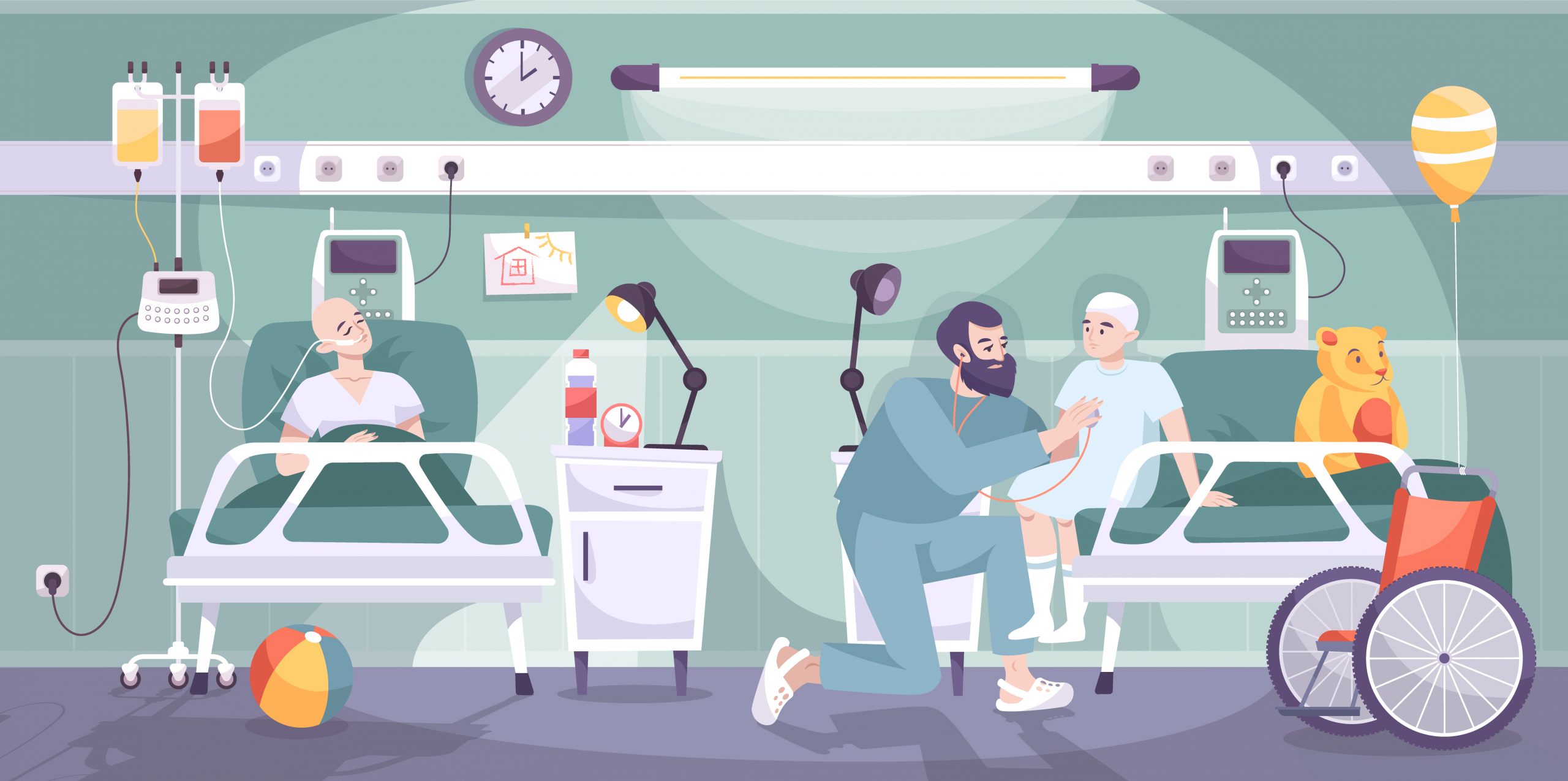News Highlight
Cancer patients suffer due to growing healthcare costs.
Key Takeaway
- Cancer, together with noncommunicable diseases (NCDs) such as heart disease, stroke, diabetes, and chronic lung disease, account for 74% of all deaths globally.
- Every year, over 10 million individuals are killed by cancer.
- Because it is a time-consuming disease, the healing process is lengthy and costly.
- Inevitably, it impacts people’, families’, and communities’ financial and emotional health.
Cancer
- About
- It is a category of disorders that develops when cells in the body start to grow and divide uncontrolled, resulting in tumour growth.
- Cells in the body normally grow, divide, and die in an orderly method.
- Nevertheless, this process is disrupted in cancer, accumulating aberrant cells that can form a mass or tumour.
- It can affect any body part and come in various forms.
- Other malignancies, such as leukaemia, may not produce tumours but nonetheless entail excessive cell growth.
- The symptoms vary based on the type and location of the tumour.
- Yet, common symptoms include unexpected weight loss, exhaustion, pain, and skin changes or the appearance of a lump or mass.
Economic Burden of Cancer Treatment
- Inaccessible and Increasing Costs
- According to the NSS 2017-18 data, the average medical expenditure per hospitalised case for tumor treatment was 68,259 in urban regions.
- A study by the Parliamentary Standing Committee highlighted concern about the inaccessibility and rising cost of cancer treatment.
- Regulatory Challenges
- While anti-cancer medication costs can be regulated, radiation charges cannot because it has not been recognised as an essential service.
- Insurance and out-of-pocket expenses.
- Impact on Patients
- Cancer frequently strikes around retirement age, resulting in growing debt difficulties.
- The average hospital stay for 14.1% of tumor patients is more than 30 days, which adds to the cost.
CAR T-cell therapy
- About
- CAR T-cell therapies use a patient’s cells instead of chemotherapy or immunotherapy, which require mass-produced injectable or oral drugs.
- The treatment entails altering a patient’s T-cells, a type of immune cell, in a lab to target and attack cancer cells.
- CAR is an abbreviation for chimeric antigen receptor, which refers to the genetically modified receptor added to the patient’s T-cells.
- T-cells from the patient are harvested and genetically transformed in a laboratory to express the CAR.
- The patient’s body is then re-infused with the transformed T-cells.
- They can identify and destroy cancer cells expressing the antigen the CAR targets.
- The cells are more specific than targeted treatments and directly stimulate the patient’s immune system against tumors, increasing clinical efficacy.
- This is why they are referred to as living medications.
- CAR T-cell therapy has demonstrated encouraging results in treating certain blood malignancies, such as leukaemia and lymphoma.
Conclusion
- The rising number of cancer patients in India highlights the importance of addressing the economic burden of costly cancer therapies.
- It increases people’s access to cheap healthcare.
- Converging State and Central insurance schemes, extending insurance coverage, and investigating ways to control medical costs is critical to protecting patients.
- It can obtain life-saving treatments without suffering impossibly high financial barriers.
Pic Courtesy: freepik
Content Source: Economic Times



